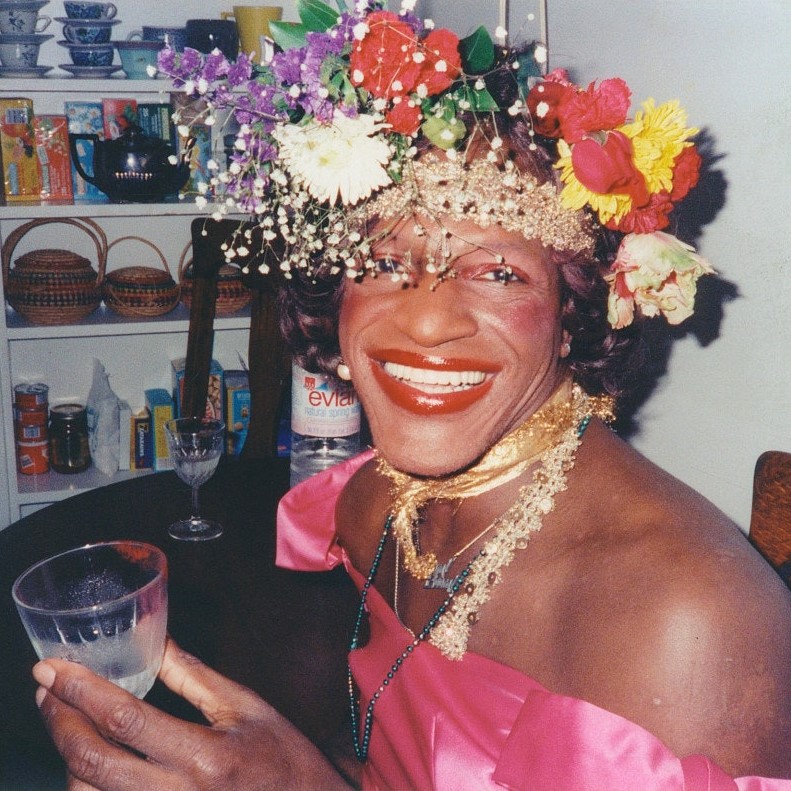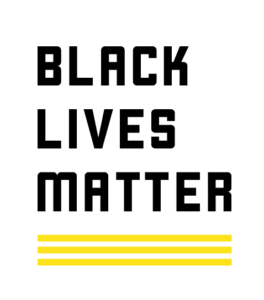
Last year was the 50th anniversary of the Stonewall riots, which mark the start of the modern LGBTQ rights movement in the US. In the subsequent half century, the queer community has made significant strides in our march towards equality. Sodomy laws were struck down by the courts (but only as recently as 2003), same-sex couples can be married (state-by-state, starting in Massachusetts in 2004, and only with Federal recognition in 2015), and 21 states have enacted employment laws to fully protect employees from discrimination based on gender identity or sexual orientation. (As of today, 29 states still don’t protect LGBTQ folks in the workplace: 12 states provide no protection, and 17 states provide only partial protection).
On June 15, 2020, the Supreme Court of the United States ruled in Bostock v Clayton County, GA that employment discrimination based on sexual orientation (including transgender folks) is a protected class under Title VII of the Civil Rights Act of 1964. This adds employment/workplace protections for LGBTQ folks in the 29 states where states had previously failed to enact protections. This ruling does not affect other aspects of queer lives, as this ruling is specific to workplace protections.
One of the key instigators of the Stonewall riots was Marsha “Pay It No Mind” Johnson, a founder of the Gay Liberation Front, a devoted member of ACT UP, and co-founder of STAR (Street Transvestite Action Revolutionaries).
Note, I don’t like the term “gay rights” (even though I use it myself sometimes). The word “gay” isn’t a very good catch-all term for the LGBTQ community. “Gay” typically evokes an image of a cisgender, white, gay man–and the LGBTQ community is much more than that. Instead, I prefer to use “queer” or “LGBTQ”. I personally identify my own sexuality as queer, rather than gay.
Camouflage & allyship
One reason that the LGBTQ rights movement has been able to make progress is our ability to hide in plain sight. Many of us are able to remain closeted, and come out on our own terms. We often have the privilege of being able to build relationships, success, celebrity, and respect prior to others learning of our queerness. This isn’t possible with other under-represented groups & minorities. Hiding one’s blackness, or womanhood isn’t trivial or even possible. Nobody should have to hide who they are to live a life in the closet–but the fact is that camouflage is an effective way to hide when you’re being targeted.
Another reason the LGBTQ community has been successful is because of our allies. Those folks who we befriended, who respect us, became our allies in our fight to shift public opinion. I was on the front lines of the fight for marriage equality in Massachusetts (I’m included in both a book and a documentary), and we couldn’t have done it without straight allies. The nature of discrimination is such that the victims are disempowered. The victims of discrimination don’t have the power to overcome their oppressor. It takes the intervention of an empowered ally to help them.
These are lessons that apply to all aspects of our lives. Be an ally in your local community, in your work community, and in the tech community. Create a “safe place” where queer folks and other vulnerable people can see that you are an ally. Allies don’t have to (and never will) fully understand what it feels like to be discriminated against–that’s not what we need from allies.
We need allies who can be compassionate and find ways to help us, to lift us up, and to be champions to our cause. We need allies who are willing to make themselves be vulnerable & uncomfortable in order to use their power & platform to give us legitimacy in our demands for help. We need allies in government, we need allies at home, and we need allies at work. We need allies to care. We need allies to take action.
Be provocative
Stonewall was an effective turning point in LGBTQ history because it was provocative. The police violently raided a bar for the sole reason of harassing the LGBTQ community. The ensuing riots drew attention to the cause, and began a shift in public opinion, a shift towards acceptance, a shift that vastly increased anti-homophobic allyship in our fight. The last 50 years hasn’t solved homophobia in America–there’s more to do, but things have gotten better. Stonewall made people care. Stonewall made people take action.
Black lives matter
The current anti-racist movement in the United States comes after four centuries of oppression. It is provocative, and has made people care. People have started to respond, but centuries of injustice can’t be undone overnight. The Black community needs allies who are anti-racist; allies who will not just stand behind them in their fight, but who will stand in front of them, and clear the way.
As a cisgender white man, I’ll never know the pain of being discriminated against based on my looks–but my whiteness gives me the privilege of being in a position to be an anti-racist ally. There’s nothing political or controversial about being anti-racist, about being anti-hate, about being anti-discrimination, about being an ally. If you see racism, discrimination, or hate–speak up. If you see someone being disempowered, empower them. It’s OK to be bold, and to be provocative. Make people care, because if nobody cares, nobody will respond.
Marsha P Johnson was murdered in 1992, in a hate crime that was ignored by authorities and her killer was never brought to justice. Today’s queer community owes our last half century of advancement to Marsha P Johnson–a black trans woman, who would still face harsh discrimination even today, both for being trans and for the color of her skin.
In honor of legendary queens of color, responsible for the last half century of change, the LGBTQ community owes it to our our black & minority brothers & sisters to use our power, our voice, and our success to be provocative, bold allies.

I was saddened to realize only in the last year or two I had only known part of the story of Stonewall. I knew it was in response to a raid and a fight for gay rights. But in my learning, no one had mentioned Marsha P. Johnson’s name. It was only recently I realized it was black trans women that really led the fight. Thanks for the reminder.